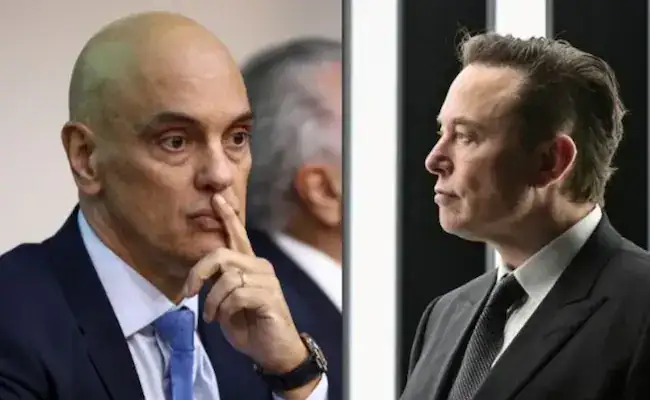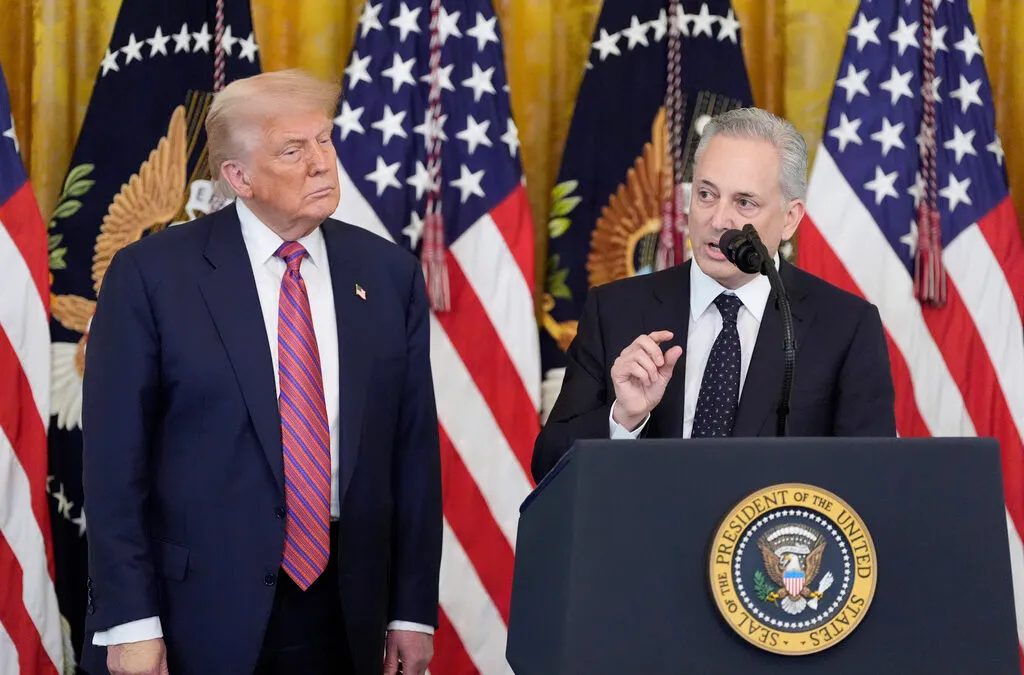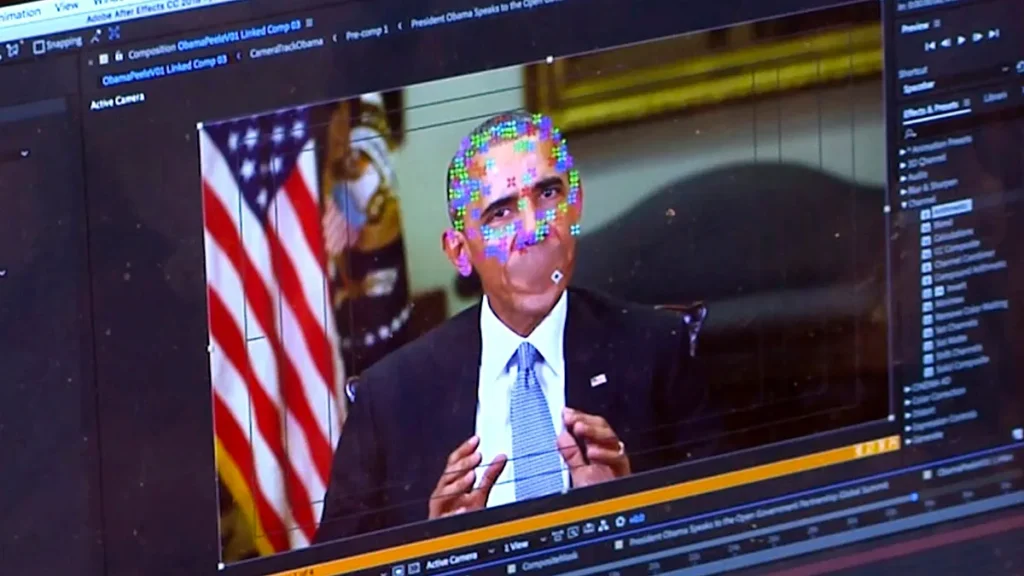Brazil has recently made global headlines after one of its Supreme Court judges ordered the temporary suspension of certain functions on X (formerly known as Twitter). This decision has raised numerous questions and sparked debates about freedom of speech, misinformation, and the power of social media platforms. At the center of this controversy is Elon Musk, the owner of X, who quickly responded to the ban, criticizing it as an overreach by the Brazilian judiciary. Here, we explore the key reasons behind the court's decision and Musk’s reaction, shedding light on the broader implications of this legal clash.

The Context: Misinformation and Social Media Regulation
The rise of misinformation and fake news on social media platforms has been a pressing concern for governments and legal authorities worldwide, including Brazil. Social media platforms like X have been under increasing scrutiny for their role in amplifying false narratives, particularly during elections and other politically sensitive periods. In recent years, Brazil has been grappling with the widespread dissemination of misinformation, much of which is related to political discourse and public health.
During the 2022 presidential elections in Brazil, a surge of fake news flooded social media platforms, including X, with unverified claims about election fraud, corruption, and conspiracy theories. This proliferation of false information led to violence, political instability, and even attempts to undermine the legitimacy of democratic institutions. As a result, Brazil’s Supreme Court and electoral authorities took a firmer stance on regulating online content, particularly on platforms like X.

The Supreme Court’s Decision to Ban X
The decision to ban certain features of X stems from concerns that the platform was being used to spread misleading content that posed a threat to public safety and democracy. One of the most vocal advocates for taking action against misinformation has been Justice Alexandre de Moraes, a Supreme Court judge who has spearheaded efforts to combat disinformation campaigns in Brazil. His actions are part of a broader initiative to safeguard Brazilian democracy from the dangers of online manipulation.
Justice Moraes accused X of failing to adequately moderate its content, allowing the platform to become a breeding ground for misinformation and hate speech. He criticized the platform for its lack of responsiveness in taking down posts that violated Brazilian laws, particularly those concerning public order and electoral integrity. Citing concerns that X was not doing enough to address these issues, Moraes ordered the temporary suspension of certain features, such as the ability to share posts that spread false or harmful information. The ruling was a part of Brazil’s ongoing effort to hold social media platforms accountable for their role in spreading dangerous content.
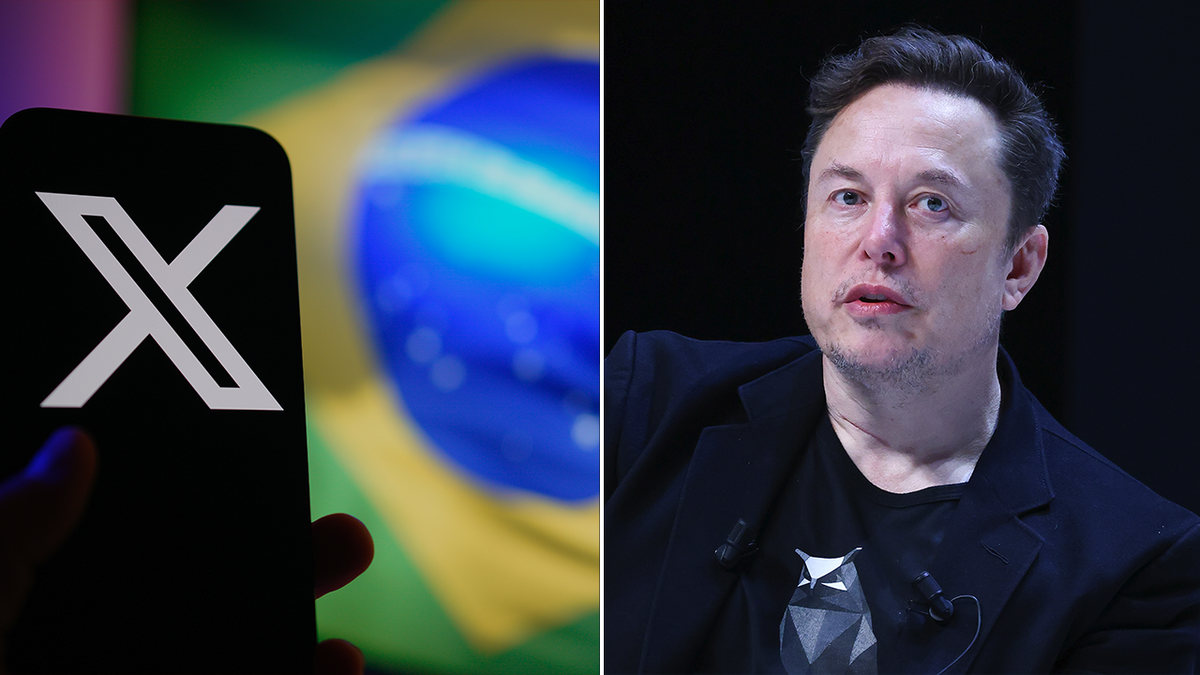
Elon Musk’s Response
Elon Musk, the owner of X, was quick to react to the court’s decision. He took to his platform to express his dissatisfaction with the ban, describing it as a threat to free speech. Musk, who has often positioned himself as a champion of freedom of expression, argued that the court’s ruling was overly restrictive and represented judicial overreach.
In his statements, Musk emphasized that X aims to foster open dialogue and the exchange of ideas, and he pushed back against what he called "censorship" by the Brazilian authorities. Musk's vision for X, especially after his acquisition of the platform, has been one that encourages minimal moderation and places a high value on free speech. However, this vision has clashed with the regulatory approaches of several countries, including Brazil, where the spread of harmful or misleading information is seen as a serious threat to public safety and democratic processes.
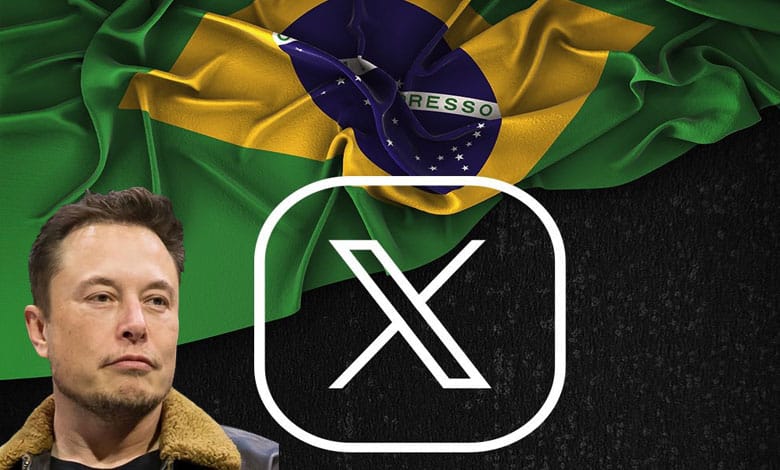
Broader Implications
The clash between Elon Musk and the Brazilian Supreme Court reflects a larger global debate about the role of social media platforms in regulating content and the boundaries of free speech. Countries like Brazil are increasingly looking for ways to hold tech companies accountable for the content shared on their platforms, particularly when it comes to misinformation and hate speech. However, these efforts often collide with tech giants like X, which argue that such regulations undermine free speech and innovation.
The Brazilian government’s decision to regulate X more strictly may set a precedent for other countries dealing with the challenges of misinformation. On the other hand, Musk's resistance to such regulation highlights the tension between the need for responsible content moderation and the preservation of open, uncensored dialogue on social media platforms.
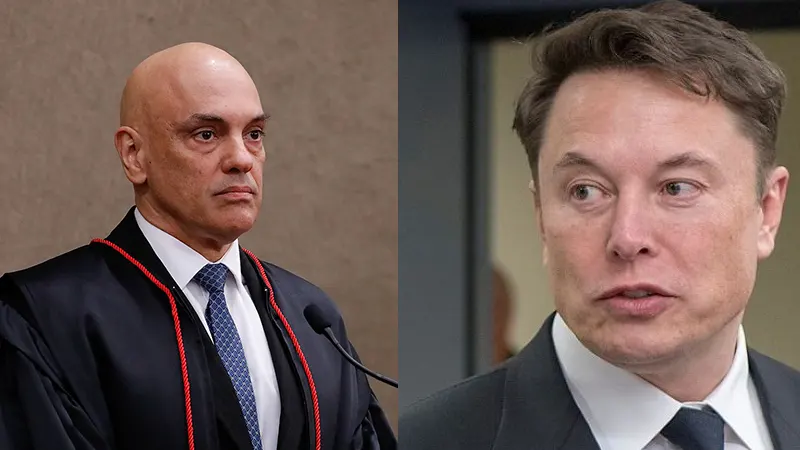
Conclusion
The temporary ban on X in Brazil by the country’s Supreme Court marks a significant moment in the global debate over social media regulation. While Justice Alexandre de Moraes and the Brazilian judiciary see the suspension as a necessary step to combat misinformation and protect public safety, Elon Musk views it as an attack on free speech. As the world continues to grapple with the role of social media in shaping political discourse, the outcome of this dispute in Brazil could have far-reaching implications for how other governments regulate platforms like X in the future.
In recent developments in Brazil, a judge from the Brazilian Supreme Federal Court, Alexandre de Moraes, has imposed a suspension on X (formerly known as Twitter) within the country due to the platform's failure to comply with legal orders. The case revolves around X's refusal to provide documents related to an investigation concerning disinformation on social media platforms, which had led to the freezing of assets linked to Musk's satellite internet company, Starlink. The move has attracted significant attention, especially due to its implications for digital freedom and social media governance.
Moraes, who has been a prominent figure in Brazil's legal battles against misinformation, issued the court order after repeated failures by X to comply with regulations aimed at curbing fake news, a major concern in Brazil’s political landscape. The country has a growing history of scrutinizing social media platforms for their role in spreading disinformation, especially ahead of elections. X's noncompliance with the court's demands led to the freezing of funds from Starlink, which has a substantial presence in Brazil, providing internet to remote areas. This development has further intensified tensions between Musk, X, and Brazilian authorities, with Musk denouncing the court order as an overreach and likening Moraes to a dictator.

